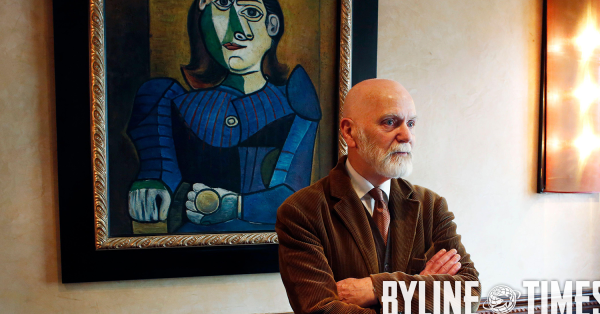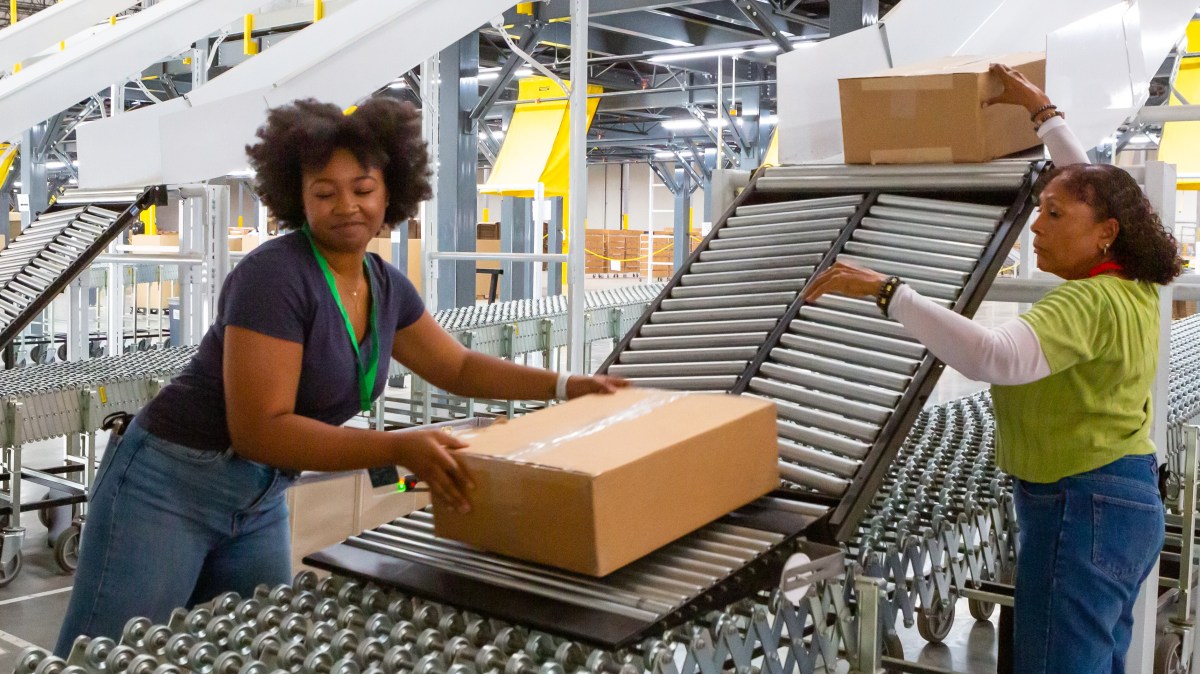Thousands more driving tests a month have been promised in a government push to tackle a huge backlog of people waiting to take them in Great Britain, as the transport secretary admitted it would not hit its target to reduce waiting times this year.
The number of specialist trainers for examiners will be increased and examiners will be offered more overtime, potentially allowing each to do another 40 tests – adding up to at least 10,000 more – each month.
Rules on booking will be tightened to combat bots buying up slots to sell on the hidden market and to reduce the number of failed and rescheduled tests.
However, giving evidence to the Commons transport select committee on Wednesday morning, Heidi Alexander, the transport secretary, said a seven-week waiting time could now not be achieved until summer of 2026, instead of the December target ministers set four months ago.
She told MPs: “The waiting times that people are experiencing are totally unacceptable.”
Analysis by motoring organisations has shown the queues for practical tests have lengthened this year, with learner drivers facing an average wait of 20 weeks.
Alexander said that while the Driver and Vehicle Standards Agency (DVSA) had provided a record number of tests last year, at 1.92m, waits had increased and she was pushing for more progress.
Alexander said the situation had “hit such a crisis” that more measures were necessary, and fundamentally they needed to recruit and retain more examiners.
The DVSA had been told to offer overtime incentives to everyone giving extra driving tests, she said. DVSA staff who are able to conduct tests have been asked to volunteer, and the number of permanent trainers for new examiners will be doubled.
Alexander also promised an “accelerated consultation” in May to tweak the driving test booking system, partly including measures to stop bots booking up new slots and reselling them for a profit to learner drivers.
MPs on the committee welcomed the news but expressed some scepticism at the renewed pledges and questioned why the government had so far been unable to tackle bots.
The committee’s chair, Ruth Cadbury, said there “was not a lot of scope” to increase overtime, and warned that potential examiners would only come from a pool of driving instructors, whose pay was higher.
after newsletter promotion
She added: “We’re all shocked about the booking system, and bots and third parties being able to do what the Eavises have stopped for Glastonbury tickets … but frankly that’s a function of the shortage of supply, and isn’t in itself going to solve the problem.”
In a separate announcement on the measures taken by the Department for Transport, Alexander said the government had “inherited an enormous backlog of learners ready to ditch their L-plates but being forced to endure record waiting times for their tests … We simply cannot deliver on our plan for change if thousands remain held back, with their aspirations on pause.”
The DVSA’s director of driver services, Pauline Reeves, said: “Since December 2024, we’ve made significant progress on implementing our plan to reduce waiting times. But we know that many learner drivers are not seeing the immediate effects of the measures.
“The further action which the secretary of state has announced today will help us to accelerate those measures, including expanding training capacity for newly recruited driving examiners so more of them can start carrying out driving tests sooner.”
AA analysis in February found the average wait for the practical test in Britain was 20 weeks, up from 14 weeks a year earlier, with ever more test centres fully booked for a whole six months ahead.


